The poem Red Dust was written by Le Nhuoc Thuy in 1982, 10 years after he immersed himself in the sun, dust, and mud, teaching in Pleiku. Love flies away with the birds/The green pine forest remains for a lifetime/Where are you going, oh season of flowers offering fruit/Red dust still stings the eyes at night…
During the period of bombs and bullets in the mid-1970s, through the difficult post-war years of peace , of the 1980s, Le Nhuoc Thuy lived in Pleiku, a vast and smoky place. The contrast between a teacher's life of wanting a little peace with his innocent students, and being surrounded by the fierce urgings of the old war, perhaps left an unforgettable mark on Pleiku in his mind. Therefore, the highland streets of his youth were like a thorn that forever pricked him with so many memories. Even forty or fifty years later, he still wrote many poems about Pleiku. Beautiful, restless and anxious!
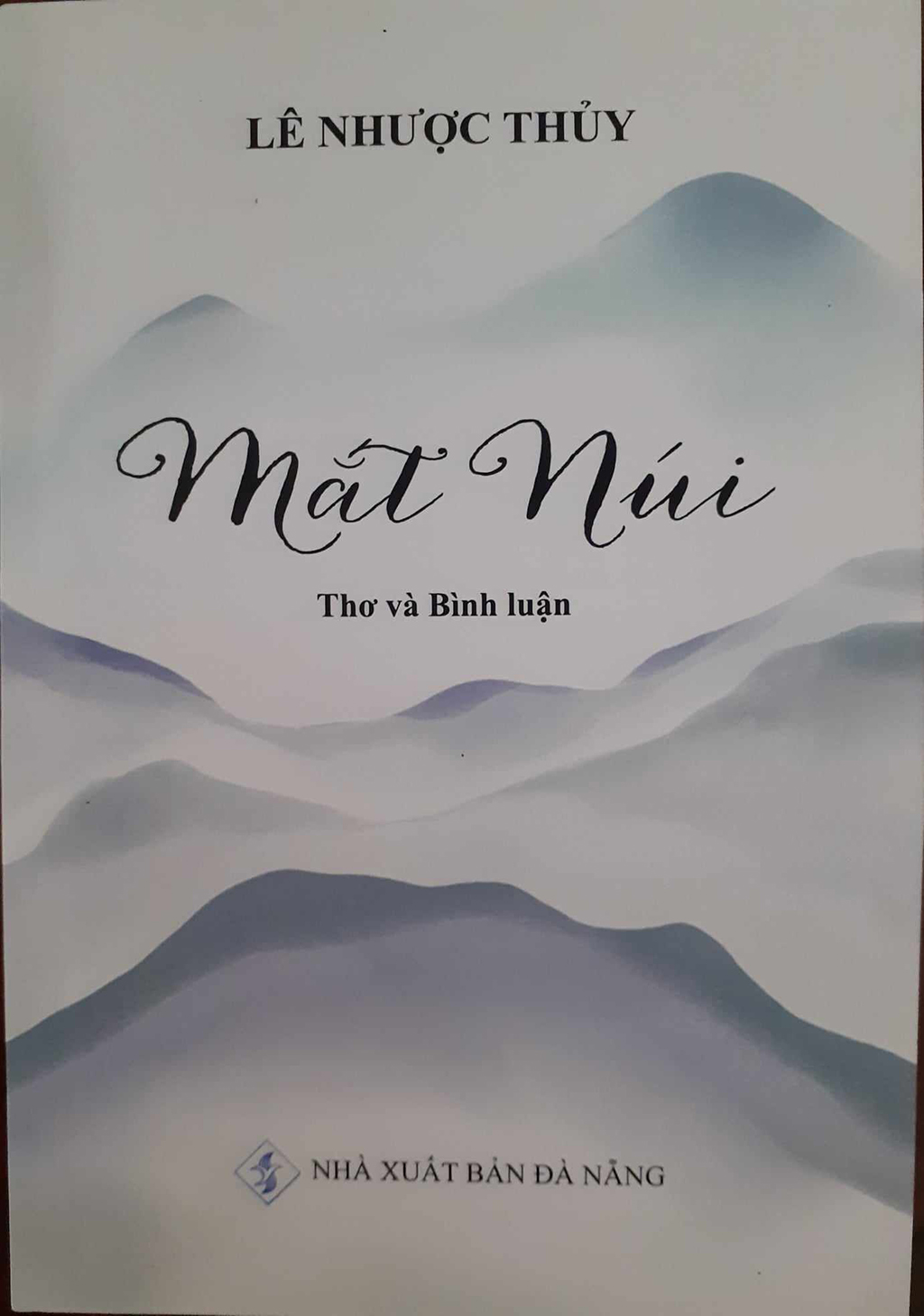
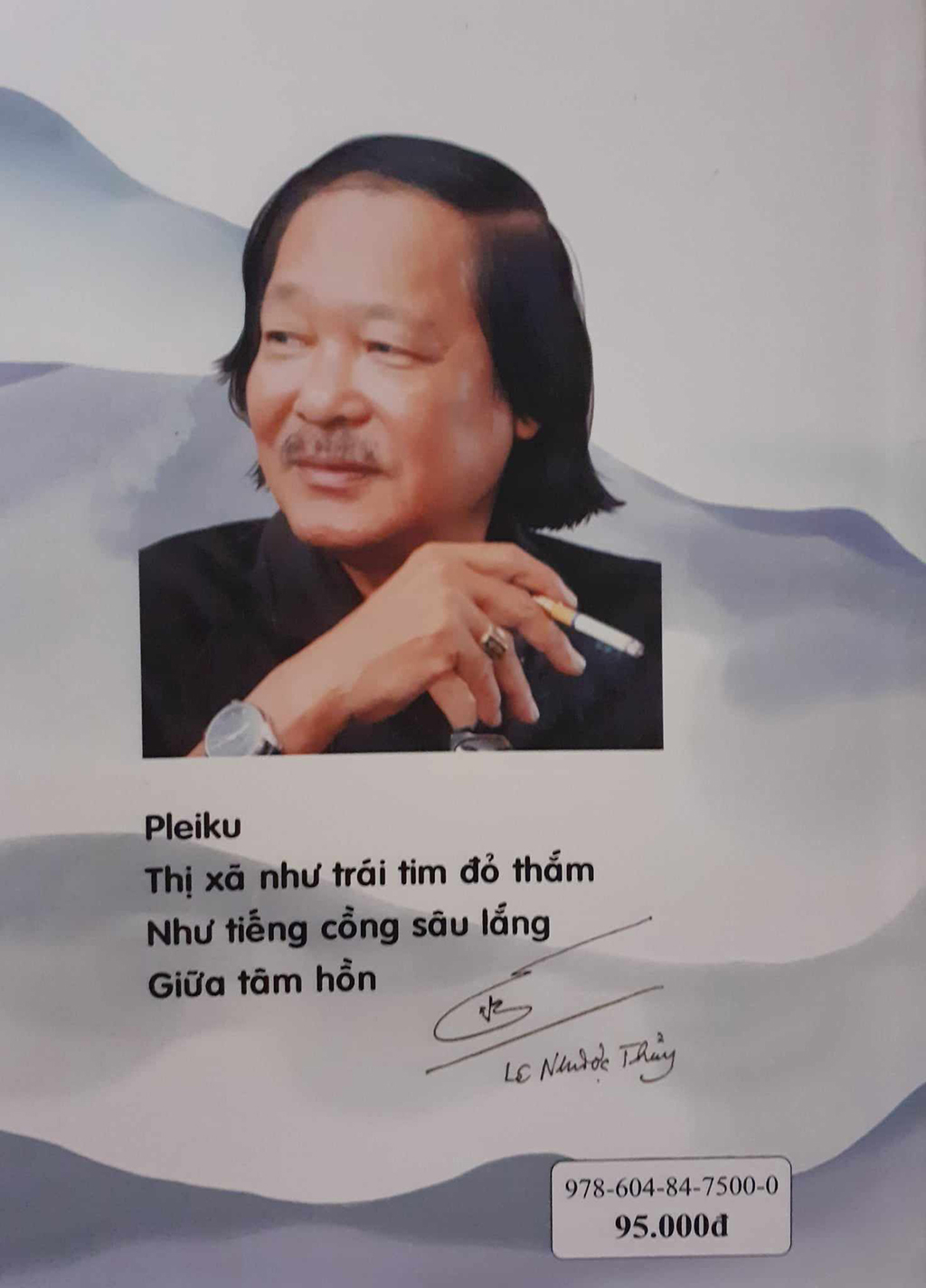
Cover 1 and cover 4 of the poetry collection Mountain Eyes
Three years ago, during the early days of the Covid-19 pandemic, sitting at home, he sent me a collection of poems called Untitled . All three poems were in the six-eight verse form, and in them he confided, all filled with memories of a faraway place. Far away in both space and time. In that land of dense forests and mountains, perhaps for a long time in him, the eyes of a Jrai girl or the echoing sound of gongs and drums appeared. And when I read it, I could not forget to write a few words of introduction: "Pleiku - the land of his own memories, transformed into a collection of three six-eight poems, each poem exactly ten lines. The two-line style of poetry can be separated into a separate poem, as if each steep step of the winding streets wanted to hold people's feet. Written specifically for a land, where he once soaked in the afternoon dew, washed his shoulders in the morning sun"...
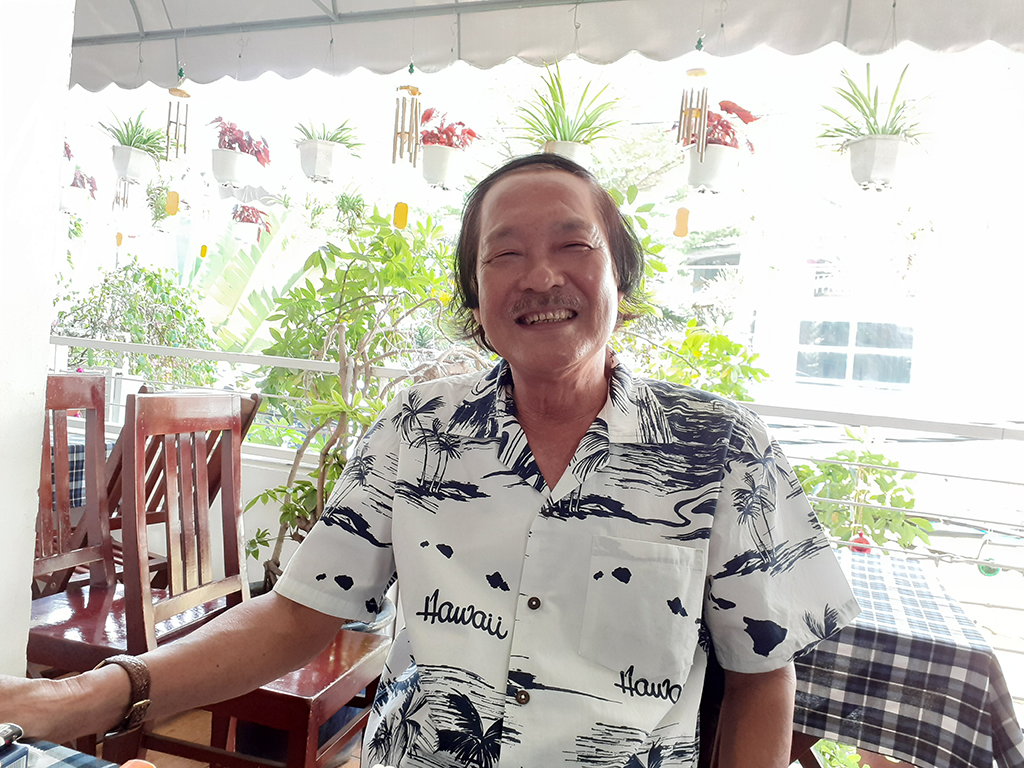
Poet Le Nhuoc Thuy
Saigon suddenly remembers Pleiku
Early morning, is the street still foggy?
Forever haunting, the sound of gongs and gongs
The road back to the village is full of ups and downs
(No title 1)
Or:
Pleiku know if it still exists
The wet moon season soaks the wild pink grass of the past
Are there still sunny days and rainy nights?
The cold stove crackles just within reach
(No title 2)
And:
Hesitant from the clear autumn
Tears welling up in the blue eyes of sad Pleiku
Lightning storm and rain source
Empty heart, life is a mess
(No title 3)
And now, in the collection Mountain Eyes that I am holding in my hand, those 3 poems are solemnly printed, like a feeling that has lasted for more than 50 years, and sometimes over tea and wine, Le Nhuoc Thuy said: "It is hard to forget the winding, steep mountain roads covered in morning mist, and the lingering afternoon mist, of the first days when I packed my suitcase and left Hue University of Education in 1972, to go to that far away land".
But when he mentioned Pleiku, he remembered many other nearby places. That was the poetic An Khe valley, the immense Bien Ho lake. The places that had left the footprints of a poet who very early drew a melancholy line with a rather classic poetic style, at that time: "I miss you so much/The wild horse stood beside the cruel autumn/An Khe with its many trees and leaves/But inside me the sun was pale yellow" (An Khe and An Khe). Then: "The Bien Ho lake rippled with sparkling waves/Like the soul of a fragile and foolish young girl/Dropping bitter coffee and poetry/Drinking the love of the mountain town, who would have thought it would last a hundred years!" .
The love of the mountain town, still haunts a poet's soul who has passed the age of seventy. The book of poems is quite thin, but after reading it, I think it still hides many things...
Poet Le Nhuoc Thuy (real name Le Huu Hue) was born in 1949, from Hue, graduated with a BA in literature from the Vietnamese Literature Department - Hue University of Education in 1972. He taught in Pleiku for 10 years (1972 - 1981). After 1981, he worked at the Department of Culture and Information of District 3 (HCMC), and the HCM City Literature and Arts Weekly. After that, he moved to Thanh Nien newspaper, holding the position of Head of the Thanh Nien Sunday Department and was the editorial secretary of Thanh Nien printed newspaper until his retirement. He has published many poetry collections.
Source: https://thanhnien.vn/bui-do-ngo-con-cay-mat-dem-185240617221743472.htm



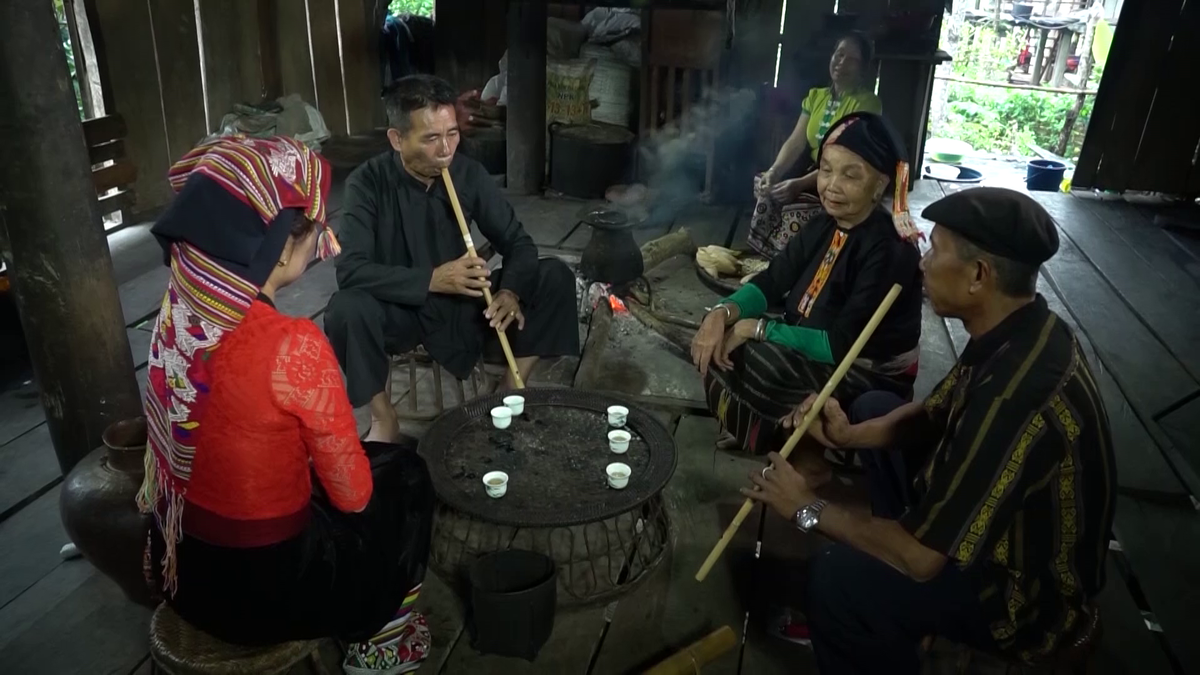




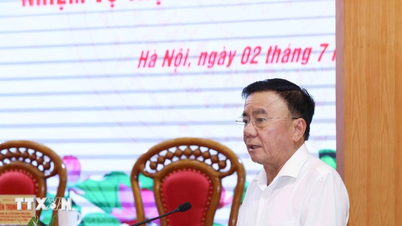





















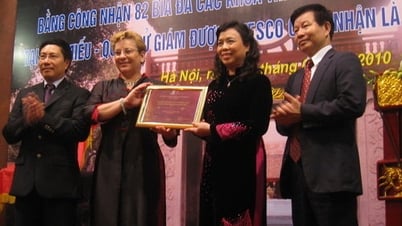

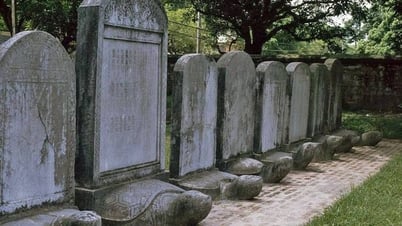

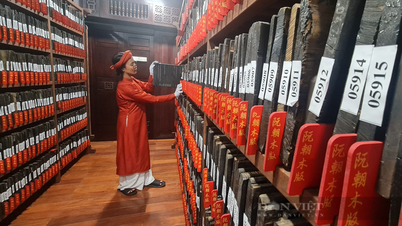

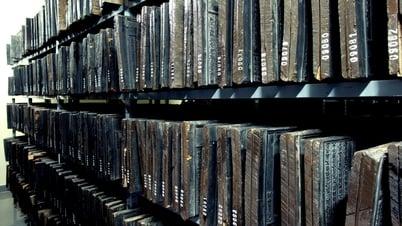











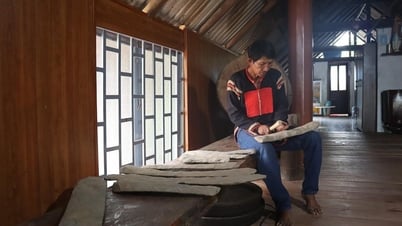










![[Photo] General Secretary To Lam attends the launch of 3 digital platforms serving the implementation of Resolution No. 57-NQ/TW](https://vphoto.vietnam.vn/thumb/402x226/vietnam/resource/IMAGE/2025/7/2/d7fb7a42b2c74ffbb1da1124c24d41d3)

































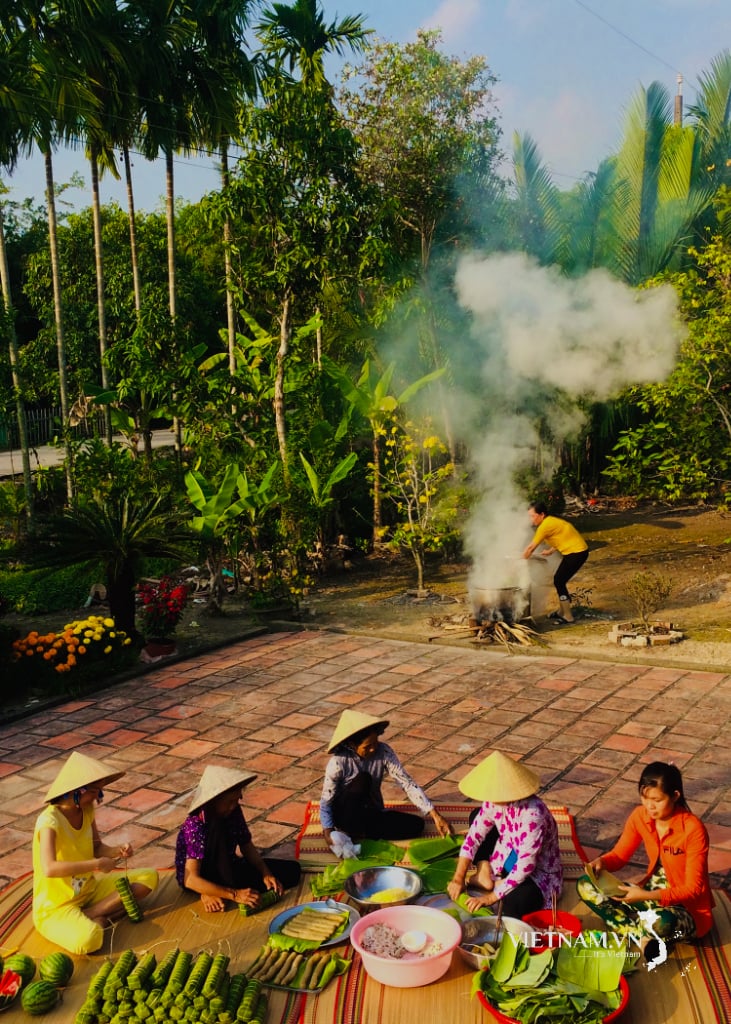


Comment (0)